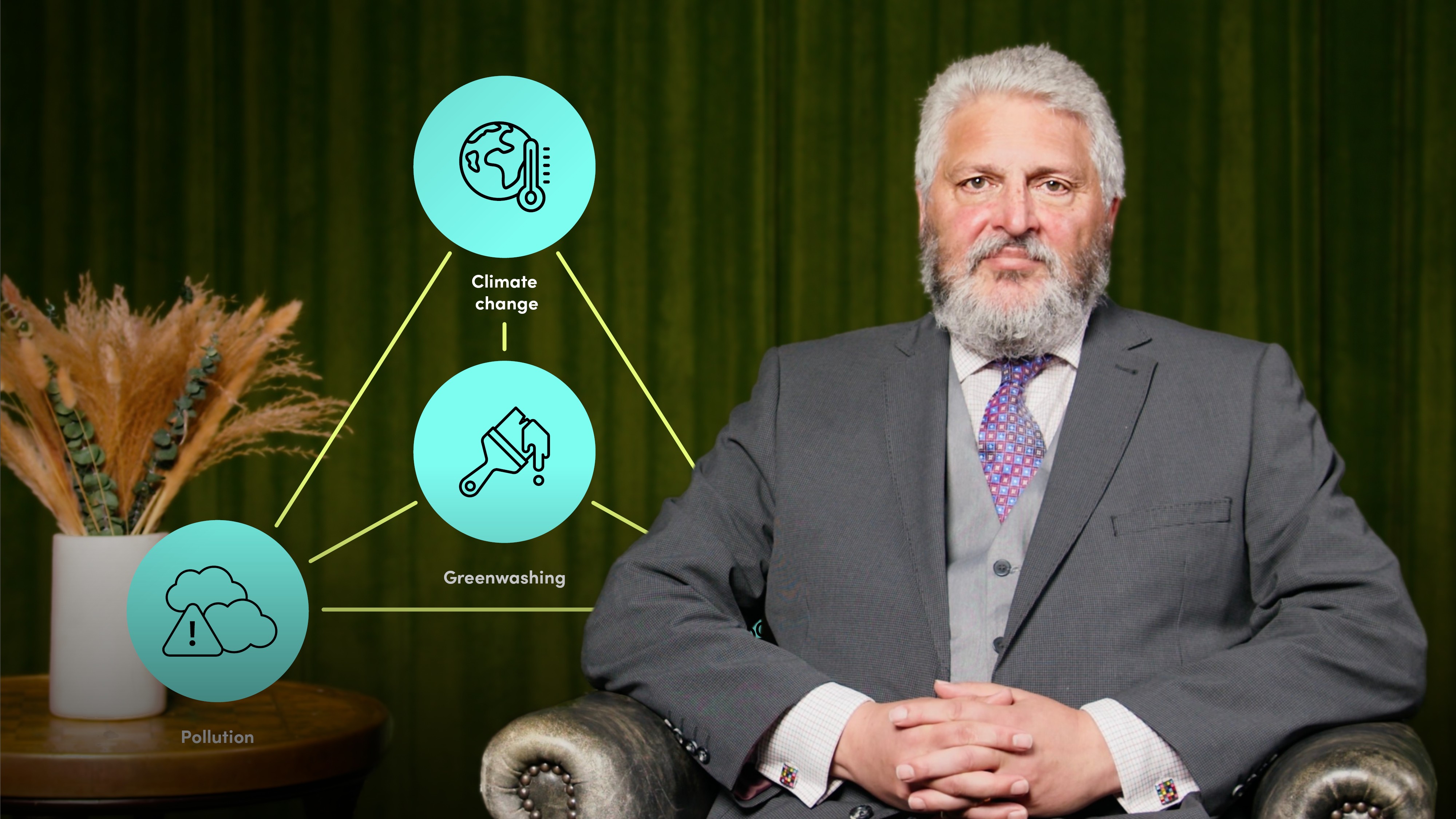
EU Greenwashing Directives I

Keith Mullin
35 years: Capital markets editorial
Tired of misleading eco-claims? Keith Mullin unpacks the Empowering Consumers Directive that bans greenwashing and helps you make informed, sustainable choices.
Tired of misleading eco-claims? Keith Mullin unpacks the Empowering Consumers Directive that bans greenwashing and helps you make informed, sustainable choices.
Subscribe to watch
Access this and all of the content on our platform by signing up for a 7-day free trial.

EU Greenwashing Directives I
12 mins 6 secs
Key learning objectives:
Understand the EU Empowering Consumers Directive
Outline the key provisions and impact of the Directive
Understand the broader implications of the Directive
Overview:
Subscribe to watch
Access this and all of the content on our platform by signing up for a 7-day free trial.
- Banning vague and unverified environmental claims: Traders can no longer claim that products or businesses are ‘climate-neutral’ or ‘eco-friendly’ without credible, third-party verification
- Requiring clear, specific, and evidence-based claims: Claims must be backed by publicly available, objective, and verifiable commitments with realistic implementation plans
- Cracking down on misleading product comparisons: Comparisons between products must be objective, based on up-to-date methods, and relate to products serving the same function
- Preventing misleading sustainability labels: Only labels based on recognised certification schemes or established by public authorities will be allowed.
- Restricting green claims based on carbon offsets: Traders cannot claim products have a ‘neutral’ or ‘positive’ environmental impact solely based on offsetting emissions
- Prohibiting irrelevant environmental claims: Marketing claims about features already required by law are now forbidden
Subscribe to watch
Access this and all of the content on our platform by signing up for a 7-day free trial.

Keith Mullin
There are no available Videos from "Keith Mullin"





























